The biggest problem of our age is obesity. You can solve your obesity problem effectively and permanently. Various weight loss methods and surgeries are at your disposal, along with the best medical care in Turkey, at Zaren Health.
At every stage of your journey in Türkiye, ZAREN Health will accompany you and provide you with top-quality care.
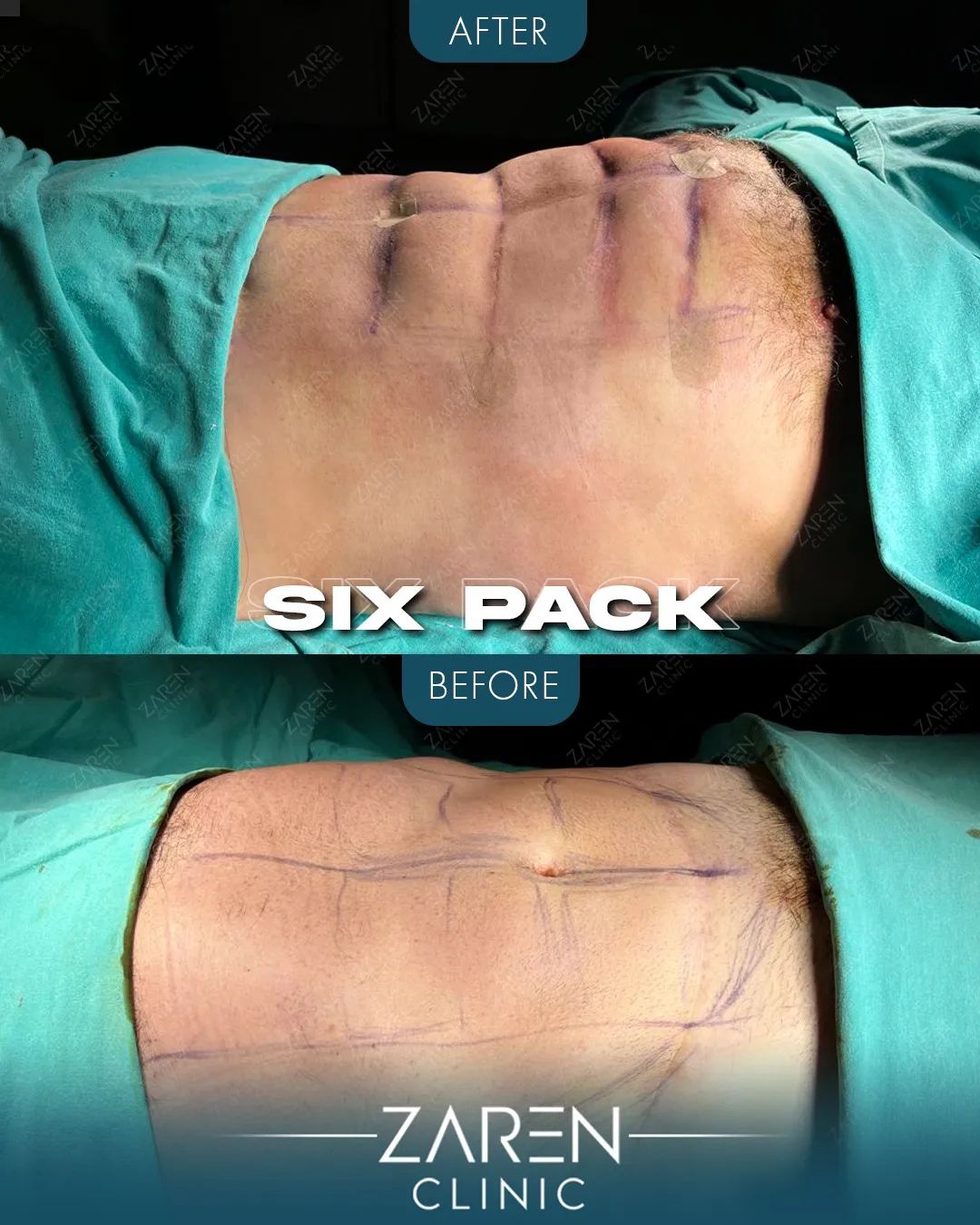
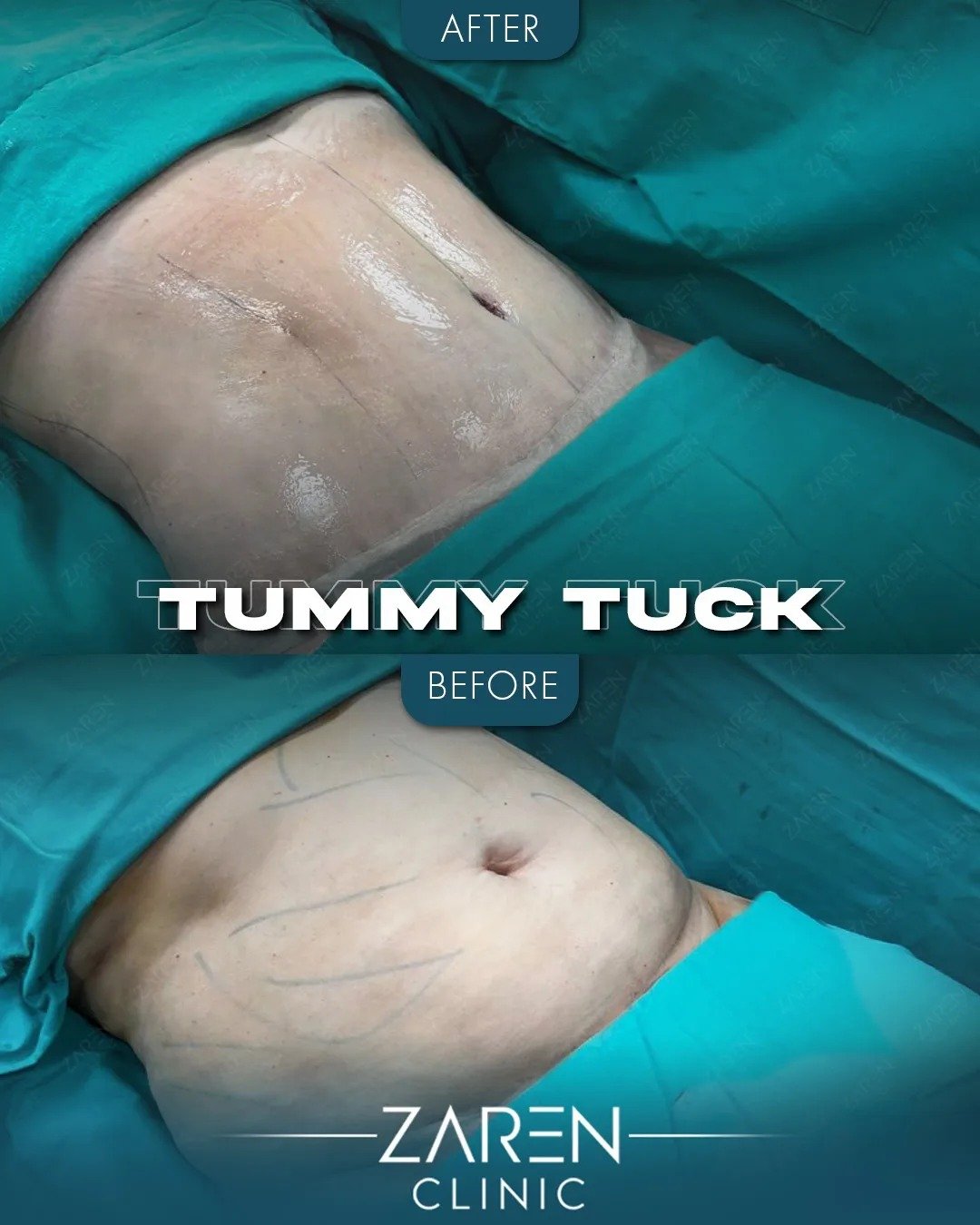

Duodenal Switch Surgery in Turkey, especially at Zaren Health, provides the best obesity treatment. To solve obesity, one of the biggest health problems today, we advise that you contact Zaren Health. Thus, you get rid of unwanted your weight easily and affordably. What is Duodenal Switch Surgery? Duodenal Switch is a surgery that provides both restrictive and malabsorptive weight overruns in the stomach. The restrictive part of the surgery involves the removal of approximately 70-75% of the stomach and a large part of the duodenum, or twelve finger intestines. For this restriction, the left side of the patient’s stomach is removed first. As a result, the stomach becomes a thin and long tube. This part of the surgery is a procedure that can no longer be undone Duodenal Switch in Turkey. The most important part of the surgery is the reorientation of a long part of the small intestine

Gastric Bypass in Turkey is affordable and safe. With Zaren Health you can have the best gastric bypass in Turkey. At Zaren Health, the best health consultant for weight loss surgeries, many people get rid of their unwanted weight. So do not waste time and contact Zaren Health for gastric bypass. Here we show gastric bypass and mini gastric bypass surgeries in Turkey. Gastric Bypass is a slimming method performed by surgery. This method is applied in the operating room with general anesthesia. At least 8 hours of fasting is required when entering surgery. Blood thinners are made in sufficient doses to prevent blood clotting the day before surgery. After the patient is put to sleep by the anesthesiologist, a urine probe is placed Gastric & Mini Gastric Bypass in Turkey. How Gastric Bypass is performed? Gastric Bypass surgery is performed by laparoscopic method. Approximately 5 to 10 mm long skin

Sleeve gastrectomy surgeries in Turkey are performed by experienced bariatric surgeons using the latest technologies, surgical techniques and equipment. At Zaren Health, we offer many bariatric surgeries and support patients who will undergo gastric bypass, gastric balloon and gastric band surgery from preoperative consultation to postoperative follow-up. Zaren Health mediates the best doctors for gastric sleeve surgery in Turkey Gastric Sleeve in Turkey. What is Gastric Sleeve? Gastric sleeve is a weight loss surgery that reduces the size of the stomach. The procedure involves removing a portion of the stomach and reshaping the remaining part into a narrow tube or “sleeve”. This new, smaller stomach is about the size of a banana and holds much less food. By reducing the size of the stomach, the amount of food that can be consumed is limited, leading to losing weight. Gastric sleeve is a permanent procedure and is often recommended for people who

Liposuction cost in Turkey, types and how it is applied is among the most curious topics. We have prepared this article to answer these questions one by one. In this article, we will give you detailed information about liposuction prices, types and applications in Turkey. If you want to get liposuction service in Turkey, you can benefit from liposuction service by contacting Liposuction in Turkey after reading this article. Firstly, it would be good to start with the question of what liposuction is Liposuction in Turkey. What is Liposuction? Liposuction, popularly known as “Fat removal”, is a kind of body shaping operation, although it is not a permanent and definitive solution to regional body fat deposits that occur due to wrong eating habits and sedentary lifestyle. Liposuction is in no case a slimming formula applied like diet or slimming prescriptions. However, it is a surgical intervention aimed at shaping the
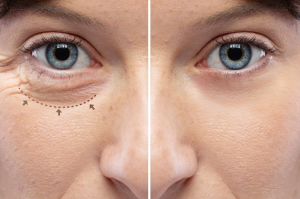
Blepharoplasty Turkey is very affordable and high quality for you. You can have the best eyelid surgery in Turkey through Zaren Health. Over the years,

There are some things you need to know in order to have a bichectomy or buccal fat removal in Turkey. Thanks to Zaren Health, you

You can read this article to the end to get information about brow lift Turkey cost and process. Zaren Health, offers the best services according to
Zaren Health is an accredited, international Health Tourism institution
approved by the Ministry of Health of the Republic of Turkey.
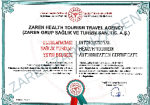


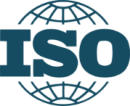
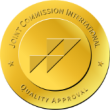

Ataköy 7-8-9-10 Mh. Çobançeşme E-5 Yanyol No:16/1/A Selenium Retro-9 A Blok K:18 D:130 34158 – Istanbul
info@zarenclinic.com
© 2024 ZAREN Group